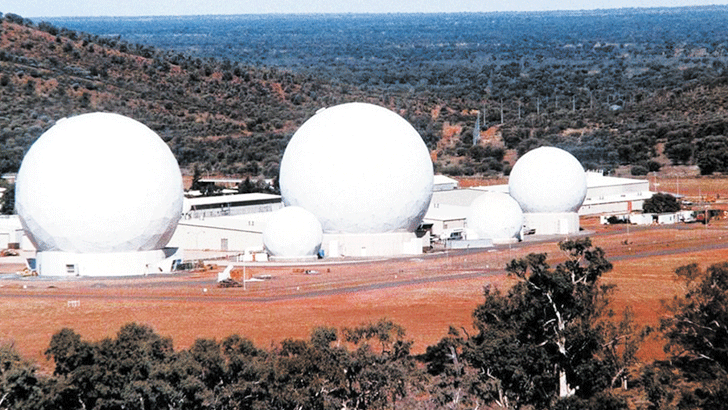They’re spying on us as well

Edward Snowden, the heroic whistleblower behind the revelations of mass surveillance by the US National Security Agency told journalist Glenn Greenwald that his greatest fear was not for his own safety or personal well-being. Rather, his greatest concern was that the revelations would be met with apathy.
This fear is understandable. Since 2001, the attacks on our civil liberties have been so all-pervasive and frequent that it can feel as though we’ve heard all this before. What would you expect from the powers that be except routine mass surveillance of every aspect of everyone’s personal online life?
To recap what we have learned from the leaks, the NSA is running mass surveillance programs, known as Prism, which have the capacity directly to access the data of anyone, anywhere in the world, using the email, messaging, online telephony, social networking or cloud computing services of some of the largest IT companies in the world, regardless of guilt or even suspicion.
The NSA has compelled at least one of the biggest US telephone companies to hand over the meta data (information about calls, including connection, physical location and duration) of all phone calls made between the US and abroad, and all domestic calls.
The scale of these programs is enormous. In just a 30-day period this year, 100 billion pieces of data were categorised in the NSA’s data collection tool, ominously called Boundless Informant.
It is highly likely that this information is being shared with Australian authorities. Australia, after all, has long been home to Pine Gap, a key US-Australian spying facility. The information gathered at Pine Gap is subject to an information sharing agreement between the NSA and Australia’s Defence Signals Directorate. Foreign Minister Bob Carr refused to respond directly when asked whether Pine Gap is part of the Prism program. The Australian government has flatly refused to clarify its involvement with the NSA’s programs or the extent to which Australians are subject to its spying.
Even if US government agencies were not spying on us, it is clear that there is mass surveillance of Australians by our government. The Fairfax press described the enormous volumes of data currently being collected by Australian spy agencies on Australian citizens as a “deluge”.
Recently, the government has been discussing a proposal to make it mandatory for ISPs and telecommunications companies to retain the meta data of your phone calls and online activity. Every phone call you made, every website you visited, where you were when you did these things and how long you did it for would all be recorded and easy for authorities to access. The content of your calls may not be recorded, but just about everything else is, and this can reveal as much, if not more, than the actual content of your discussions.
In addition, the proposed changes could make it illegal to refuse to allow authorities access to your encrypted data. This would remove one of the few protections we can afford ourselves from the ever encroaching eyes of spy agencies.
The Australian government claims we can trust it with this online data, but the NSA revelations show that there are no limits to the encroachments on our rights online. Recent actions by Australian authorities highlight that they are prepared to trade off our online rights for their political interests.
Earlier this year, 1200 websites were summarily blocked by Australian ISPs under the government’s voluntary internet filter. The owners of the websites, including the Melbourne Free University, were unable to get any information about why their sites were deemed a threat. It was not until some months later that it was revealed the sites were taken down in an overzealous attempt at online censorship.
The only reason we know about this is that the incompetents charged with this censorship made a simple mistake that resulted in the censorship of more than a thousand sites.
They have no concern for our rights. and yet we are supposed to trust them with an incredible amount of our personal information.
The standard response from governments is that we shouldn’t be concerned about these abuses if we have nothing to hide. But if it’s true that you don’t need secrecy if you’ve got nothing to hide, then why is the US government hiding so many secrets? And why won’t the Australian government tell us what it is involved in?